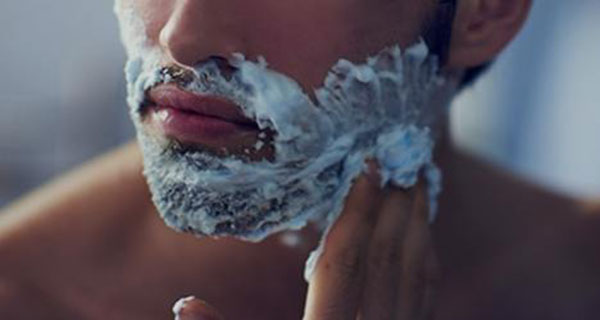 For 30 years, Gillette used “The best a man can get” as its tagline. It sounded good and it appealed to the cultural standard of competition – the idea that to be a real man, you needed to be the best, even if it meant to win at all costs.
For 30 years, Gillette used “The best a man can get” as its tagline. It sounded good and it appealed to the cultural standard of competition – the idea that to be a real man, you needed to be the best, even if it meant to win at all costs.
Gillette advertisements showed how men shaving with the company’s razors attracted the most beautiful women or had the most dominant athletic careers.
But how well has that ideal served us? How realistic are these goals for the majority of the male population? Even if a man did attain those goals, was his life more satisfying? Was Gillette simply pointing us toward the proverbial pot of gold at the end of the rainbow in order to sell its product?
Albert Einstein told us, “The important thing is not to stop questioning.”
It seems the decision-makers at Gillette have been asking themselves difficult questions. A recently-released extended Gillette commercial thus begins by playing audio news headlines and asks: “Is this the best a man can get?”
What have the social mores regarding male behaviour brought us?
Along with greater instances of certain stress-related illnesses, men tend to have much higher incarceration rates than women. And global statistics show that men are much more likely to commit criminal acts of violence. Data such as this usually indicates that there are problems that needs to be addressed.
Asking questions about the way we do things tends to make us uncomfortable. Perhaps this explains the overwhelming initial backlash to the new turn in Gillette advertising. There are twice as many dislikes as likes for the commercial on YouTube and comments are extremely critical. The media is filled with editorials reflecting this backlash, with British commentator Piers Morgan leading the way.
Asking ourselves difficult questions and challenging ourselves to be our best is a characteristic of those who live the happiest and most peaceful lives. Effective people recognize their value and don’t find these types of questions to be a threat. Perhaps that’s where we need to begin.
We’re born with a gender and all genders are good. I’m a male. I have a certain body type. Certain hormones are more prevalent than others in my blood. I have facial hair. Though I’m taught certain standards by my culture, what I do with my maleness is my choice.
Gillette makes shaving products that they want men to buy.
Perhaps all that Gillette is asking is whether their advertisements in the past have helped or hindered men in embracing what it means to be male. It’s admirable to publicly question oneself – and it can be good business.
What does it mean to be the best I can be?
I value effort and determination, but the people I admire also practise compassion, understanding, forgiveness, acceptance, kindness and love. Some of the men I see as the “best a man can be” are Mohandas Gandhi, Martin Luther King Jr., Nelson Mandela, the Dalai Lama, Desmond Tutu and Jesus of Nazareth.
The qualities that made these men great have nothing to do with their maleness. Great women like Mother Teresa, Mary of Nazareth, Dorothy Day, Angela Merkel and Oprah Winfrey display similar qualities.
Perhaps the question we need to ask ourselves is not, what’s the best a man can get?
It’s simply, what’s the best that I can be as a human?
Troy Media columnist Gerry Chidiac is an award-winning high school teacher specializing in languages, genocide studies and work with at-risk students.
The views, opinions and positions expressed by columnists and contributors are the author’s alone. They do not inherently or expressly reflect the views, opinions and/or positions of our publication.


